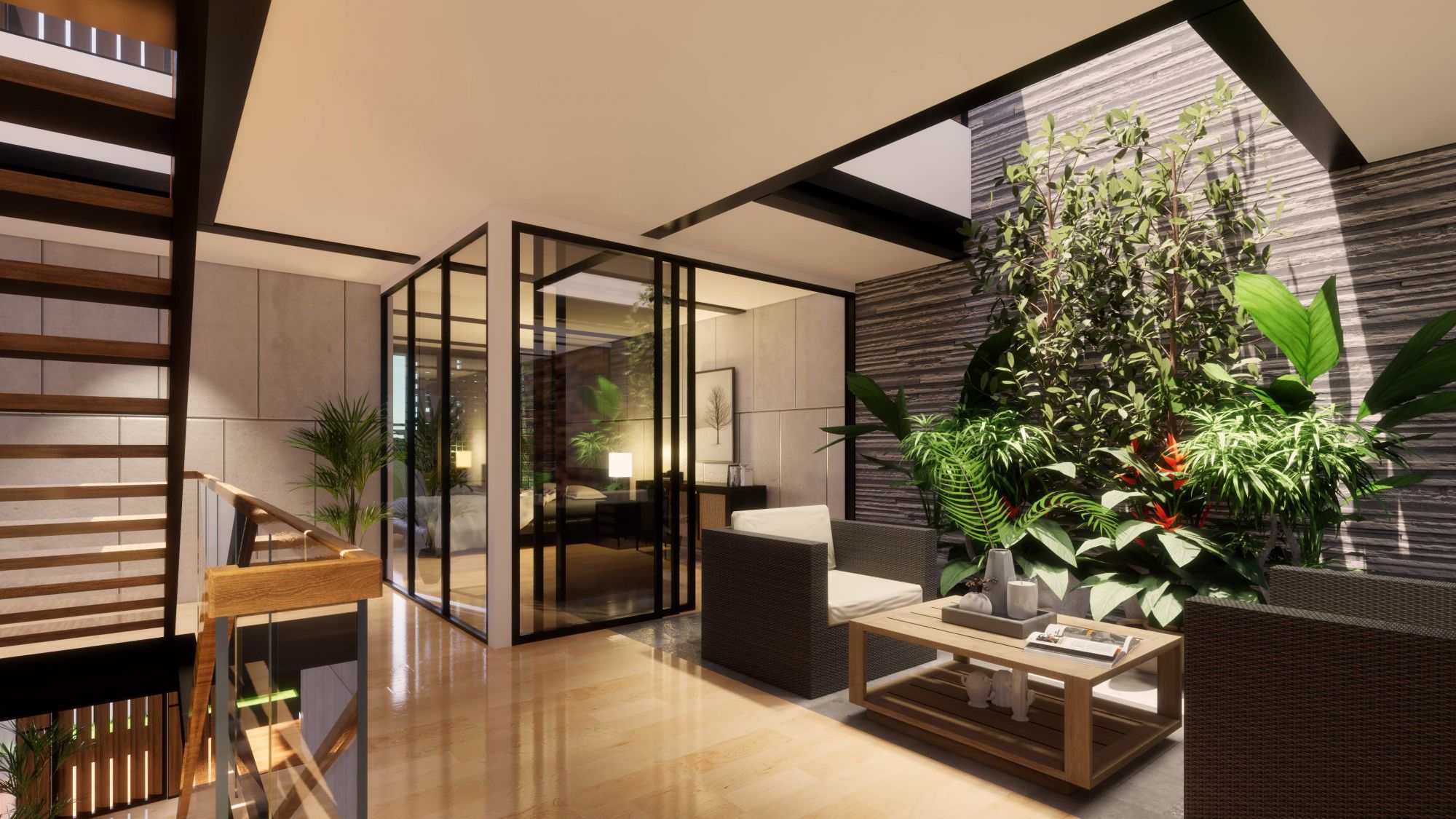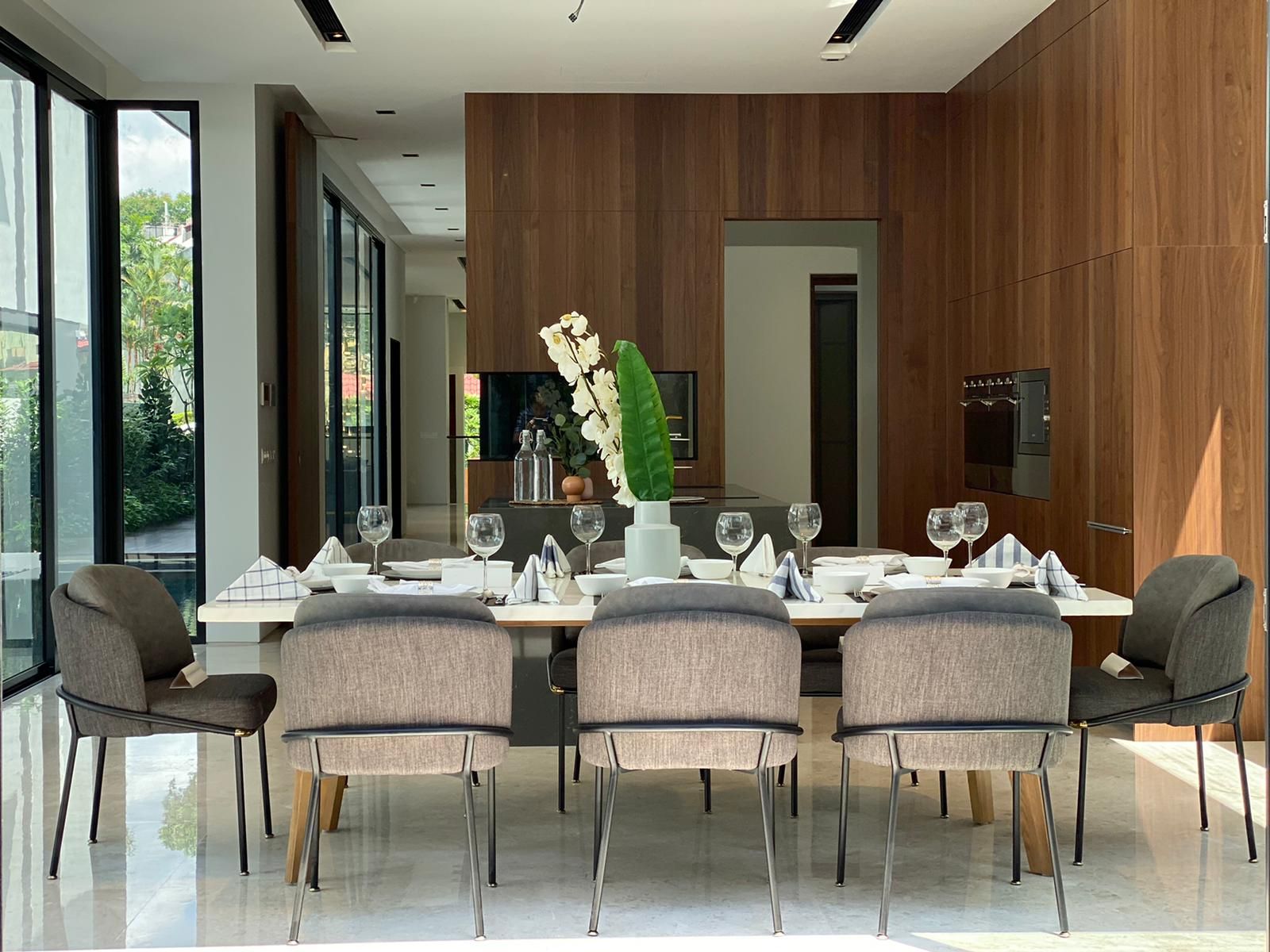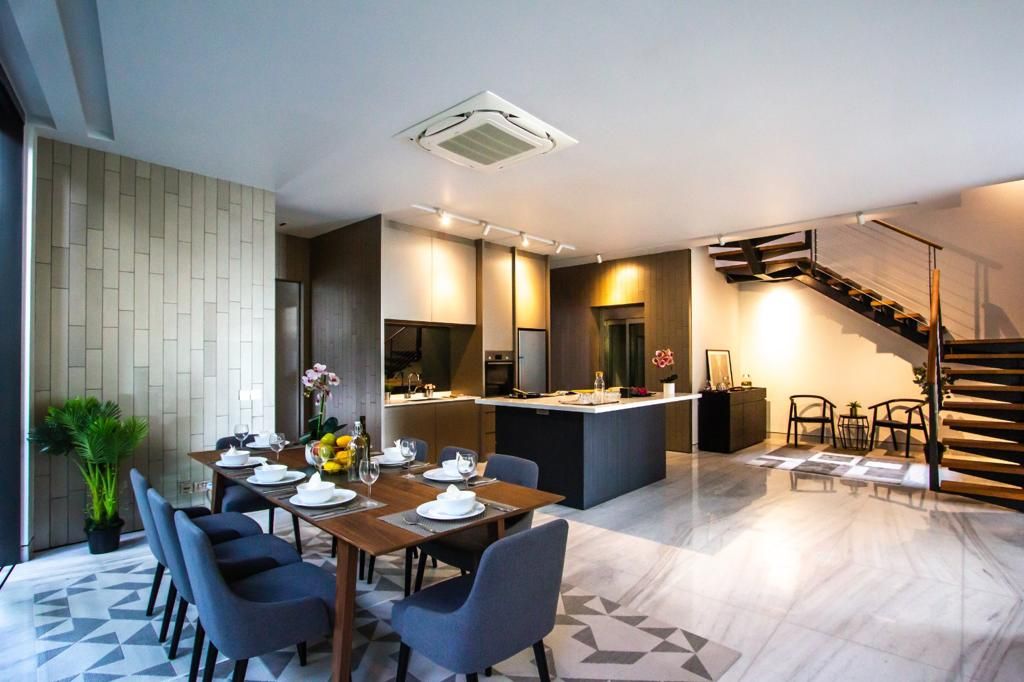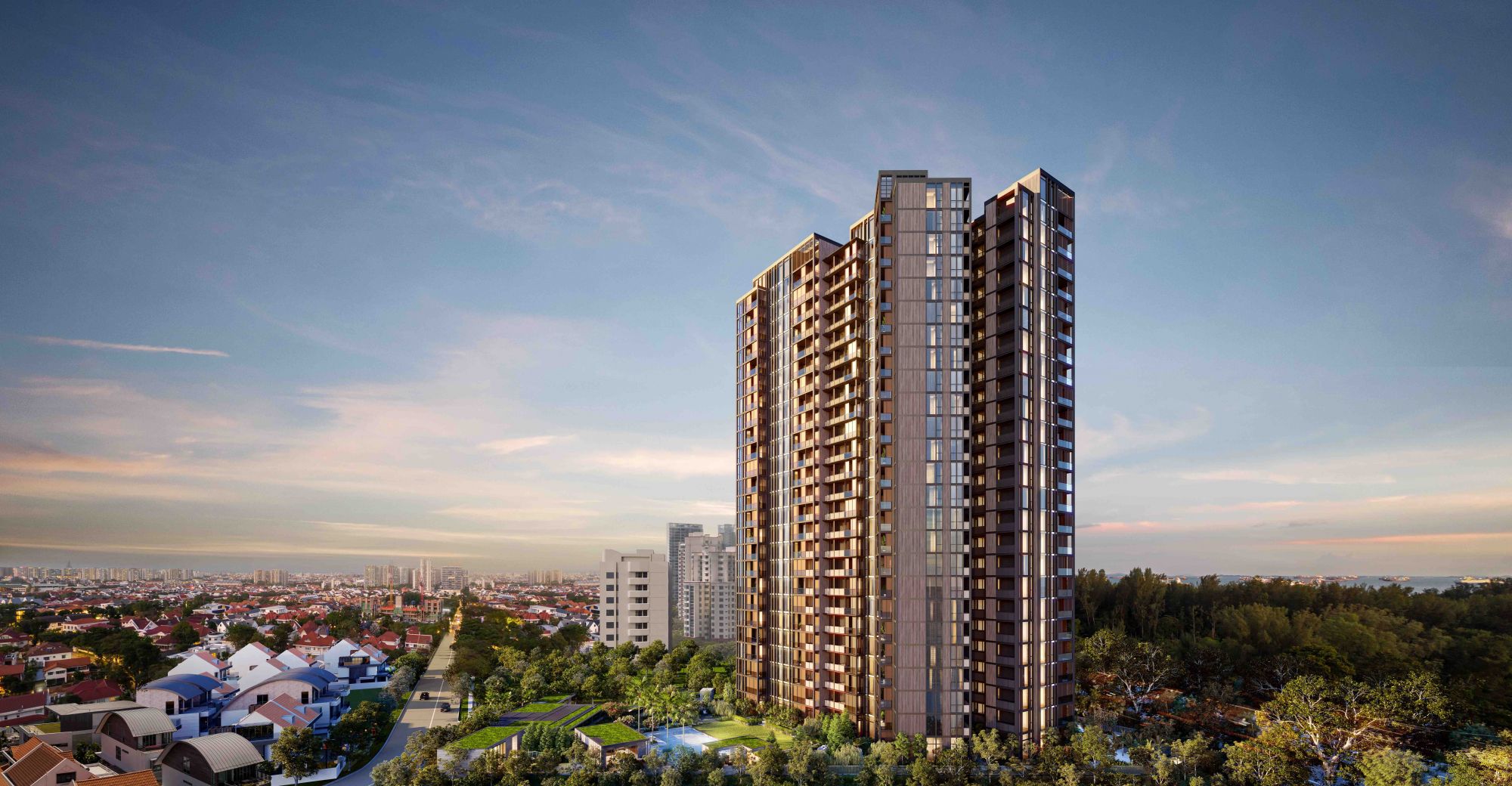The need for more personal space has a cumulative effect on the property market in Singapore, leading to the growing demand for landed houses and condominiums
When buying a home, these three things are typically among the top priorities for owners—location, amenities, and resale value. The pandemic has shown that while these criteria retain their importance—albeit with different parameters—there’s one more criterion vying for the top spot, and that is personal space.
Thanks to work from home and safe distancing measures, our work, life, and play spaces have merged, and this set off the trend of buyers who stay with their parents, now wanting to purchase a studio or a one-bedroom apartment or even lease something similar for more privacy, says Jacqueline Wong, executive director of residential services at property management company Savills Singapore.
This goes to show that the merger is not as seamless indeed—rather there is a decisive need to prevent over-integration of the two. More Singaporeans are in the market looking for homes with larger square footage so that each member of the family to have their own private space for work or relaxation.
See also: Here's Why Shophouses in Singapore Are in High Demand Right Now
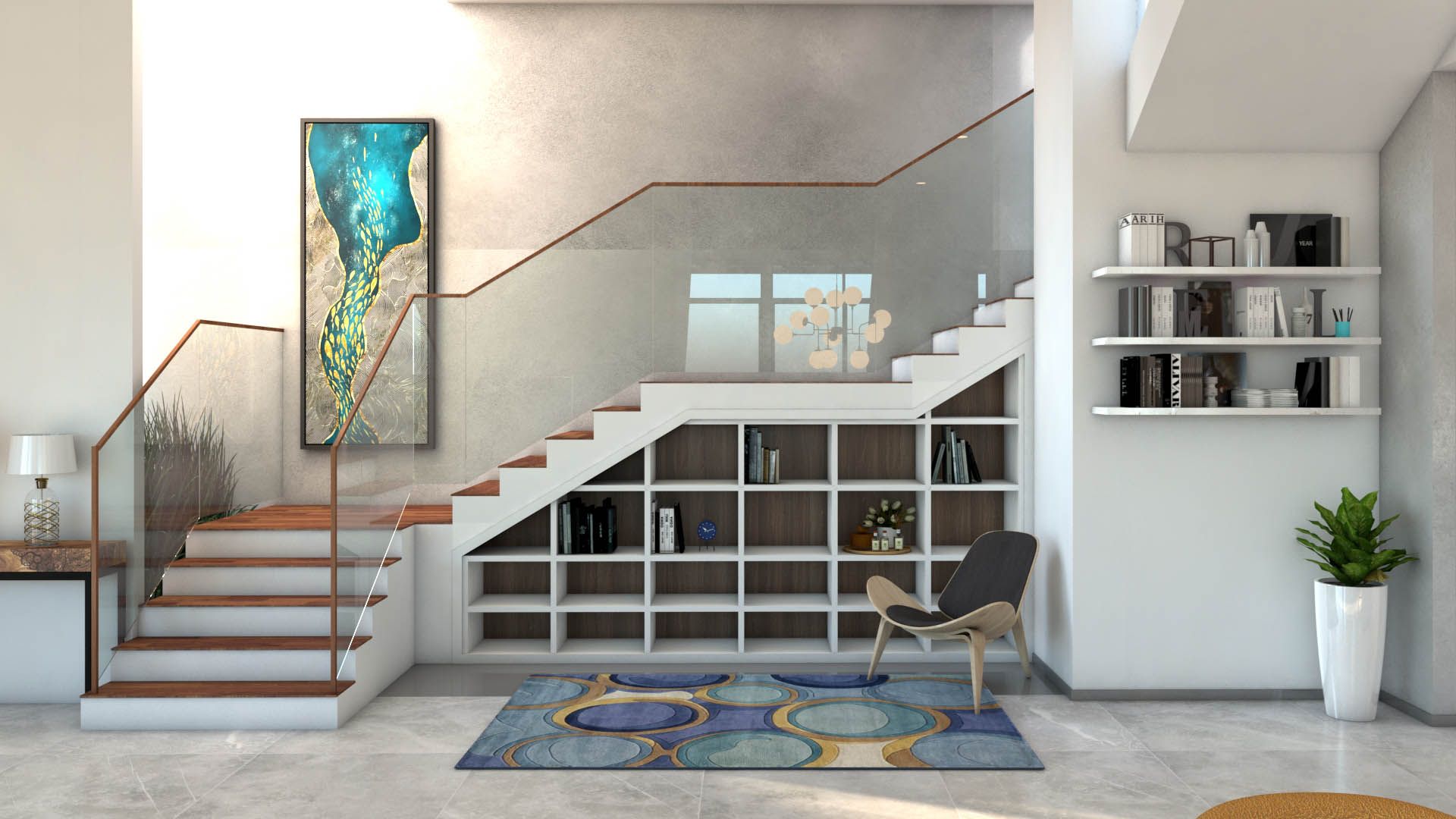
And space is a premium in Singapore. With condominiums not being able to fulfill the need for square footage, landed properties are becoming an attractive prospect from a long-term investment potential as well.
“Generally many Singaporeans would prefer buying landed properties as a form of legacy. While many foreigners are looking to purchase landed properties, the residential landed market is restricted to Singaporeans or Permanent Residents who have obtained approval to buy a landed property such as a detached, semi-detached or terrace house,” adds Wong from Savills Singapore. Besides, the flexibility of the configuration of a landed property makes it easier for new buyers to do alterations and additions to suit their personal lifestyle.

